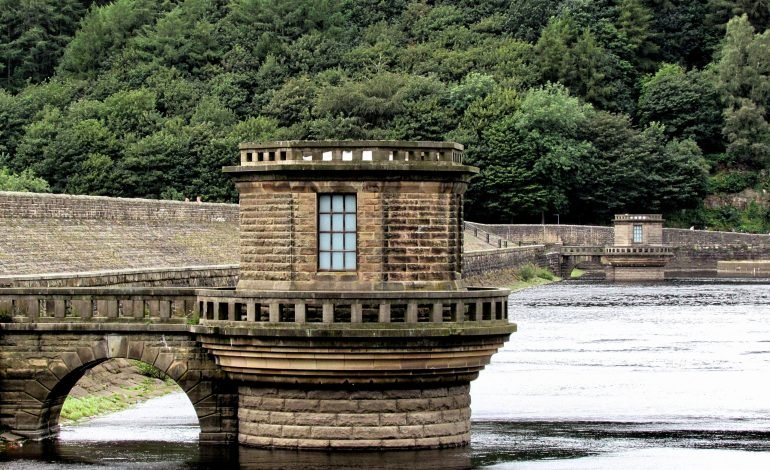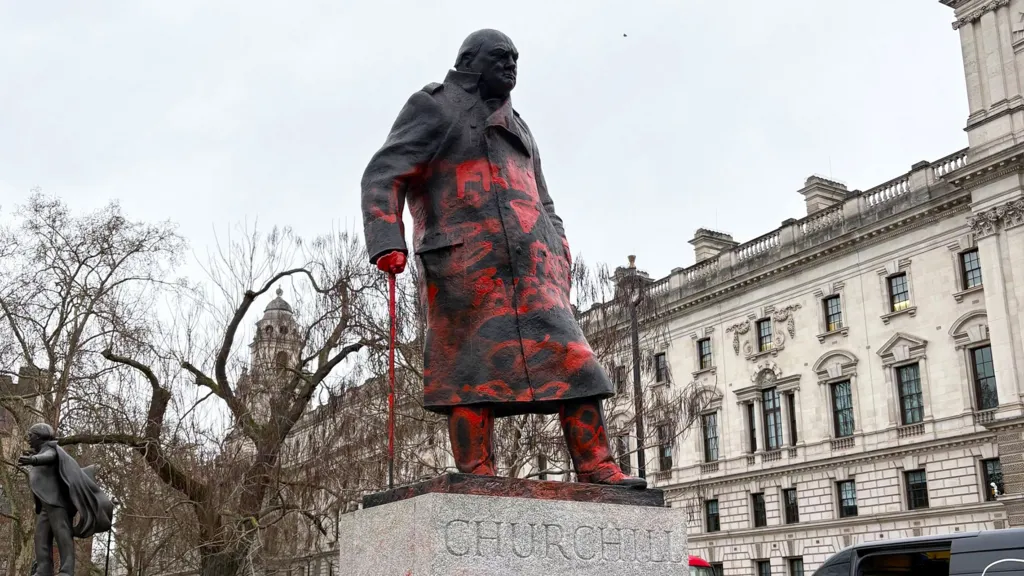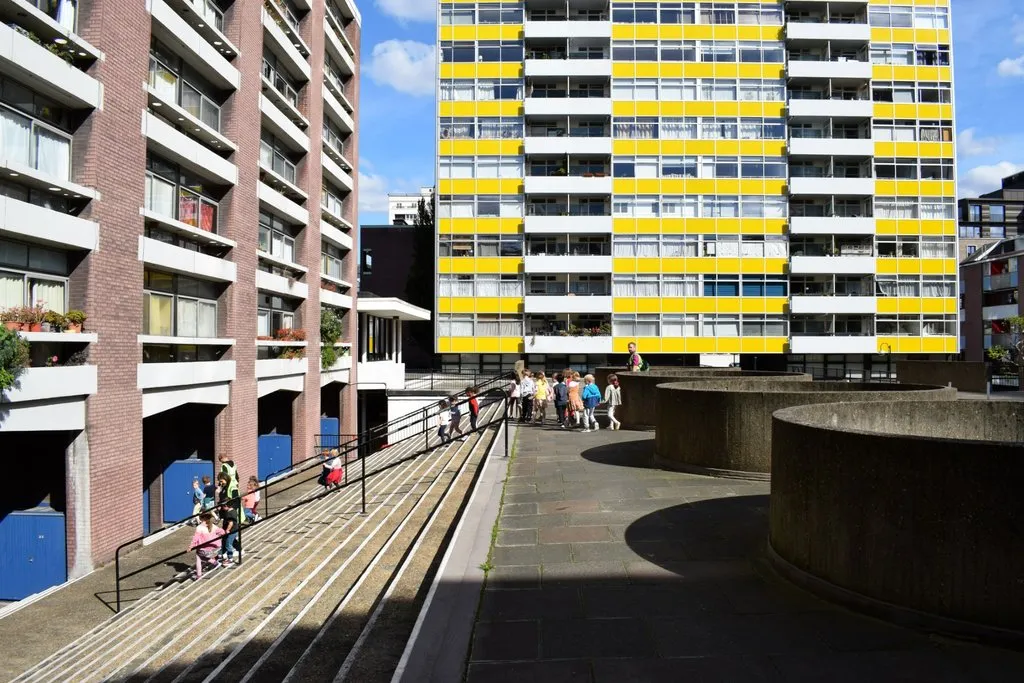Grenfell Cladding Boss Denies Responsibility Amidst Scathing Criticism

Grenfell cladding controversy has intensified as Claude Wehrle, the former head of technical sales support at Arconic, denied responsibility for the Grenfell Tower disaster despite being heavily criticised by the inquiry. Speaking to BBC News, Wehrle, who was involved in the sale of the flammable Reynobond PE cladding, described the deaths of 72 people as “a tragedy” but insisted he was “not the one making decisions” about the product’s sales. His comments have sparked outrage among Grenfell survivors and victims’ families, who see his actions as contributing to the catastrophic fire.
Wehrle was accused in the inquiry’s final report of resorting to “deliberate dishonesty” to market the product, including to companies within the UK. The cladding sold by Arconic was a significant factor in the rapid spread of the fire, and Wehrle’s refusal to testify in person—citing French legal constraints—has only deepened public anger. The inquiry criticised Wehrle and two other Arconic employees for prioritising “the debatable requirements of French law above the interests of the survivors”, an accusation that he firmly denies.
Evidence presented during the inquiry showed that Wehrle was aware of the dangers associated with the cladding’s design. In the 2000s, internal tests revealed that the Reynobond PE product was more likely to ignite when folded into box shapes—a standard practice in construction and the form used on Grenfell Tower. In 2010, Wehrle sent an email to colleagues noting that this design would not comply with European fire standards for tall buildings, emphasising the need to keep this information “VERY CONFIDENTIAL”. Yet, in the same year, he reassured a customer that the box shape was, in fact, safer, a statement that the inquiry branded as evidence of Wehrle’s “willingness to resort to deliberate dishonesty”.
Arconic’s decision to withhold crucial fire performance test results from a British certification body further exacerbated the situation, raising questions about the company’s commitment to safety. Wehrle, who now resides in France and volunteers as a firefighter, maintains that he did not have the authority to make these decisions. “There are people in that company who were better placed than me to make that kind of decision,” he argued, downplaying his role despite his name appearing over a hundred times in the inquiry’s final report. “I can’t say whether it is fair or unfair. That’s about justice.”
The Grenfell Tower disaster remains one of the UK’s most significant failures in fire safety and building regulation, with more than 2,000 buildings across the country still needing urgent cladding removal. Housing Secretary Angela Rayner has pledged to pressure developers into action following the inquiry’s damning report. Rayner acknowledged that it was “not acceptable” for unsafe cladding to remain in place and indicated that new measures would be considered if building owners do not act swiftly.
The government has also promised a review of its relationships with companies linked to the Grenfell disaster, with the Prime Minister’s office stating that it will push for changes to exclude these firms from public sector contracts where necessary. As outlined in UK government fire safety guidance, the call for justice for Grenfell victims remains strong, with many hoping that the inquiry’s findings will lead to real accountability and reform in the construction industry.









